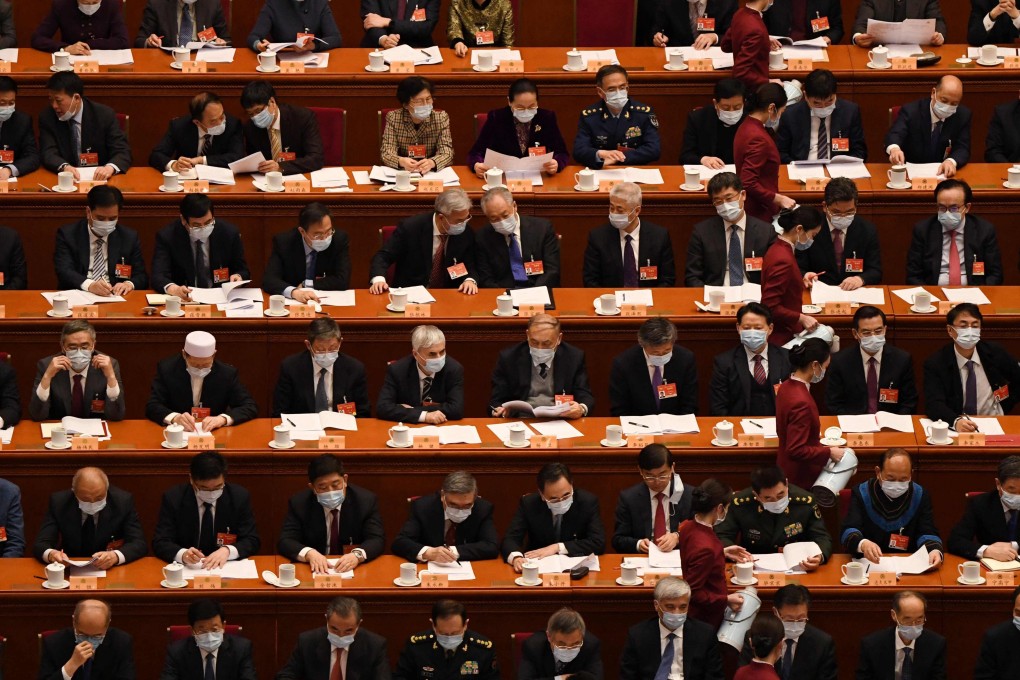China’s restrictions on overseas academic exchanges ‘could harm policy’
- A proposal submitted to the Chinese People’s Political Consultative Conference says measures have gone too far
- Jia Qingquo does not advocate removing all limits but warns excessive approvals are hampering advice to government

“In order to raise the threshold, some institutes demand the approval of two persons for meeting with foreigners, and the Chinese expert will need to submit a detailed meeting report afterwards. They also cannot meet the same foreigners more than twice in a year,” he wrote in his proposal.
Jia, who is also an international relations professor at Peking University, said some restrictions on overseas exchanges were needed, but the measures had become unreasonable.
“Excessive management is undesirable. The existing management of overseas exchanges has gone beyond a reasonable limit … [and] will affect the quality of experts’ assessment of international issues and policy suggestions,” he said.
According to Jia, the complicated international environment meant it was necessary for China to get involved in global affairs. “It is only through keeping in touch with others, and exchanges, that experts can get an up-to-date and objective understanding of what’s happening outside, and provide reasonable policy suggestions to the government.”